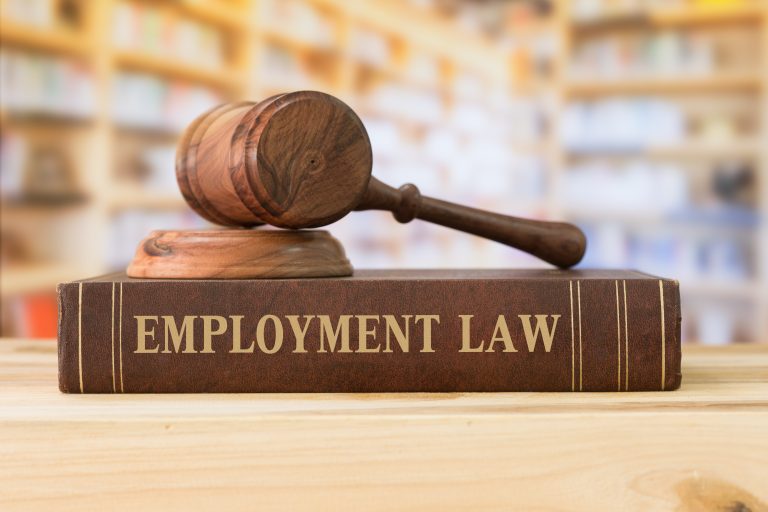There can be very few people who have not heard of phrases such as “unfair dismissal” or “unfair labour practice”, or who have had first-hand experience dealing with disputes on these legal issues at the Commission for Conciliation, Mediation and Arbitration (CCMA).
However, South African labour laws are more sophisticated than these limited themes, and courts are slowly growing accustomed to recognising and allowing employees to avail themselves of a variety of rights and entitlements – even when these sometimes stem from the same set of events but which deal with different legal principles and have different legal remedies and outcomes.
As case in point comes from the recent finding of the Labour Appeal Court in Archer v Public School — Pinelands High School & others (2020) 41 ILJ 610 (LAC), where the Labour Appeal Court held that an employee who had been dismissed by Pinelands High School, was entitled to approach the Labour Courts with a claim that he had been unlawfully terminated by his employer, and that this claim was not the same as a claim for unfair dismissal, which had been heard and rejected by the CCMA.
The difference between these two claims is that firstly, a claim for unfair dismissal arises from the protection afforded to an employee in terms of the Labour Relations Act not to be unfairly dismissed, and which requires the employer to show that it had a fair reason to dismiss the employee, and that it followed a fair procedure in doing so. The CCMA has primary jurisdiction to hear claims about the fairness of a dismissal. The right not be unfairly dismissed may be thought of as a statutory claim, as it arises from statute (the Labour Relations Act).
On the other hand, recognising that a contract of employment is, at its most basic element, still just a contract between parties (albeit a special type of contract which must be read in conjunction with statutes such as the Labour Relations Act and the Basic Conditions of Employment Act) it may be that if the terms of the contract do not allow for termination of employment, or only allow termination subject to certain conditions having been satisfied, then the employer in terminating the employment relationship may be in breach of contract. This would be an unlawful termination. In summary, the right not be unfairly dismissed is a statutory entitlement, and the right not to be unlawfully terminated, is a contractual issue.
Keeping with the separation between these two concepts, the Labour Appeal Court correctly found that, although Archer had referred a dispute to the CCMA for unfair dismissal, and the CCMA had dismissed this claim, he was still able to approach the Labour Courts (which has jurisdiction to hear any matter arising out of or in relation to a contract of employment) to challenge the unlawfulness of his termination. This did not amount, as challenged by the High School, to forum shopping; Archer was also not barred from approaching the Labour Appeal Court with a claim for unlawful termination on the basis of the legal principle of res judicata (meaning that the matter has already been heard and dealt with – in this case by the CCMA), since the CCMA has dealt with a claim for unfair dismissal, and not unlawful termination.
Both employers and employees should be aware that the employment relationship is a multifaceted arena, within which a number of parallel and complementary rights exist. Making sure that both parties treat each other fairly (in terms of the relevant statutory requirements) and lawfully (in terms of the specific agreement between them) requires careful consideration.
Bradley Workman- Davies is a Director and Labour Law Specilaist at Werksmans Attorneys.






















